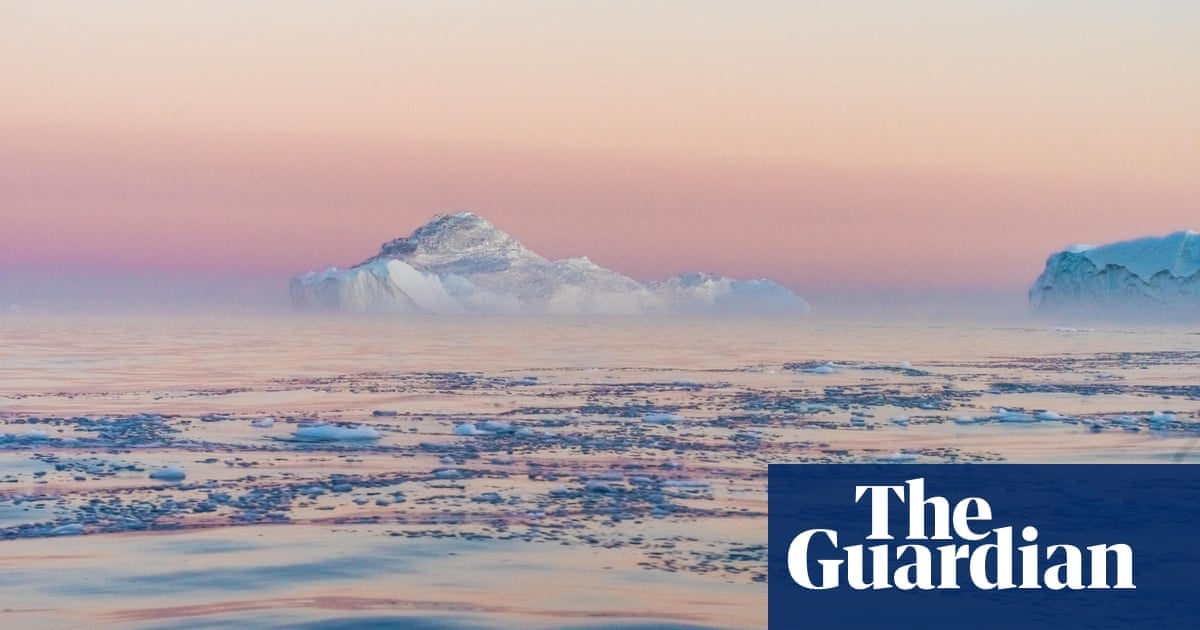The dangers of a collapse of the main Atlantic Ocean circulation, known as Amoc, have been “greatly underestimated” and would have devastating and irreversible impacts, according to an open letter released at the weekend by 44 experts from 15 countries. One of the signatories, Stefan Rahmstorf, an oceanographer and climatologist who heads the Earth system analysis department at the Potsdam Institute for Climate Impact Research in Germany, explains here why he has recently upgraded his risk assessment of an Amoc breakdown as a result of global heating – and what that means for Britain, Europe and the wider world.
The tipping point is going to come 5-10y before the mainstream op-eds that shrilly decry “Why did no one warn us it would be this bad!?” while simultaneously blaming leftist voters, consumers and immigrants for not taking it upon themselves to magic up a solution.
At this point climate scientists are like the boy who cried wolf except there’s a huge fucking wolf that everyone can see but nobody wants to admit to in case they are asked to pay to find a solution.
I’ve been telling this to people for two decades: climate denialism exists to provide a “get out of liability free” card for the folks who’d otherwise be stuck paying climate reparations
We found the solutions a long time ago - it’s just that nobody wanted to implement them.
Yes.
Unfortunately, those solutions aren’t acceptable because we have to think about the shareholders and the politicians who like the lobbying money.
May, they’ll say it’s the lasers, just like the hurricanes. They’ll pretend it was intentional to create a bigger threat from “the others” that require them to all give up their rights in order to fight.
A brief overview by Stefan Rahmstorf.
Good stuff throughout the whole thing to understand what the AMOC is and how its slowdown or collapse could affect things, but two crucial points he makes is that IPCC models assume a stable AMOC in their projections since it’s still a big unknown, which is obviously a problem, and that he says in this video most likely the tipping point for a full collapse was past early in the century (not sure if he means earlier in the last hundred years or early in the 20th century, but probably doesn’t matter).
Are middle class American 2000s babies going to suffer?
(Gut feel is 2050 is gonna be ruff)
Last I heard 2035 was already going to be pretty crap, 2050 was unlivable.
Saw another article that puts the 10th percentile of AMOC collapse around 2037, and 90th percentile around 2062, both from these same scientists.
I think we’ll be lucky to make it to 2040, personally.
Dang it
Thank you
NGL it’s kind of refreshing when a scientist says “We don’t know.”
Most scientists are working with the hope of making a dent in what we don’t know. There’s no shortage of “we don’t know.”
Most likely all scientists will admit that there is a lot more we don’t know than what we do know.
Hell, even when they finish a study, they’re liable to still say they don’t know. They’re just saying what happened in their study and how it could mean this happens on a larger scale.
When a journalist actually reports when a scientist says “We don’t know”.
Looks like we will find out. Then we will find out how bad it is. Then we will wish we had listened to the scientists.
I hope some other species can survive and don’t have to suffer by our hands anymore.
Horrible what we do to this planet, other living beings and ourselves.
Are you sure we didn’t pass some of those already?
I think it’s quite clear that we did.
I used to think it’d be our kids or grandkids who would find out, but its looking like it might actually be us. What a time to be alive.
deleted by creator
The Guardian - News Source Context (Click to view Full Report)
Information for The Guardian:
Wiki: reliable - There is consensus that The Guardian is generally reliable. The Guardian’s op-eds should be handled with WP:RSOPINION. Some editors believe The Guardian is biased or opinionated for politics. See also: The Guardian blogs.
Wiki: mixed - Most editors say that The Guardian blogs should be treated as newspaper blogs or opinion pieces due to reduced editorial oversight. Check the bottom of the article for a “blogposts” tag to determine whether the page is a blog post or a non-blog article. See also: The Guardian.
MBFC: Left-Center - Credibility: Medium - Factual Reporting: Mixed - United Kingdom
Search topics on Ground.News








